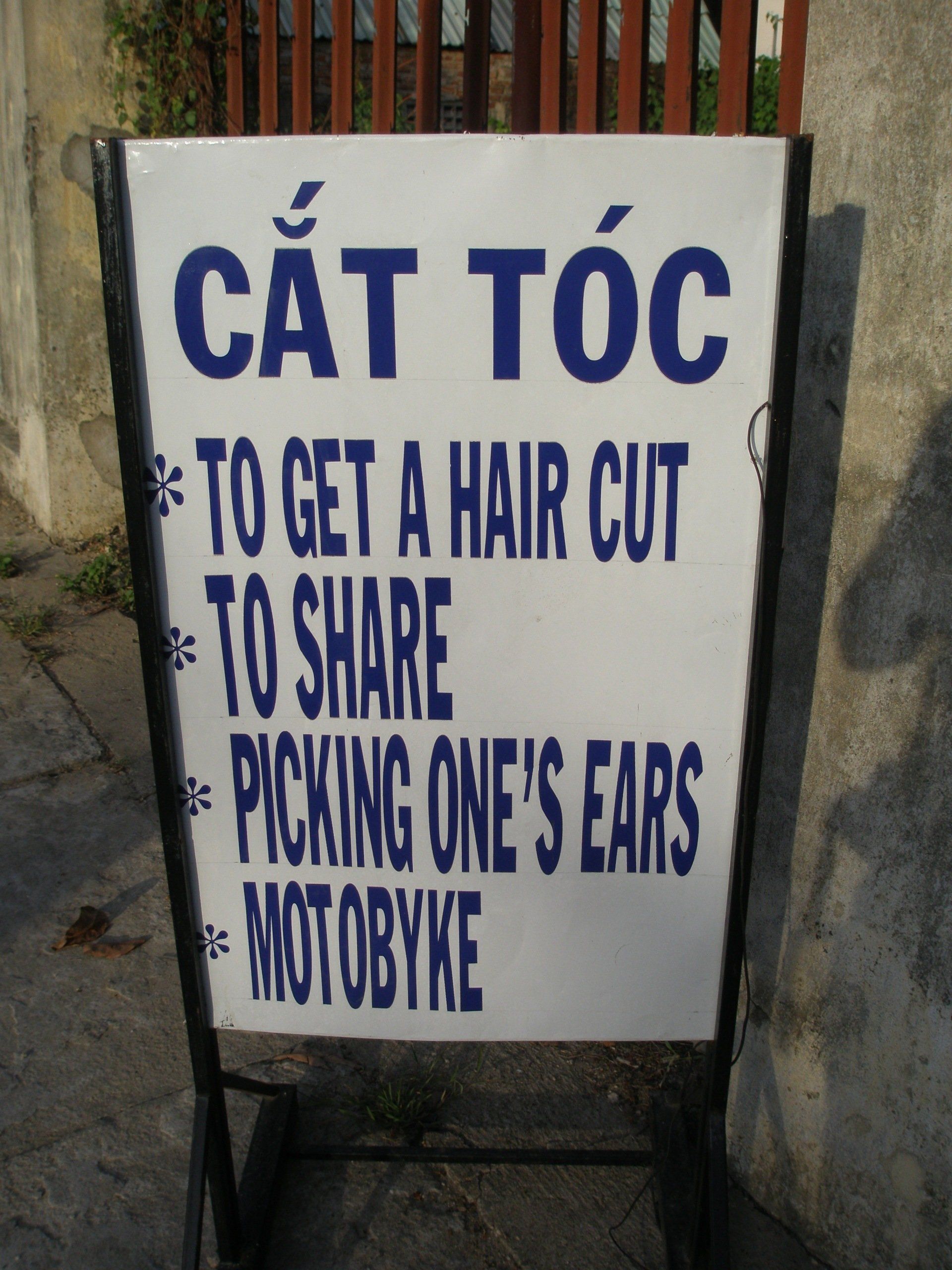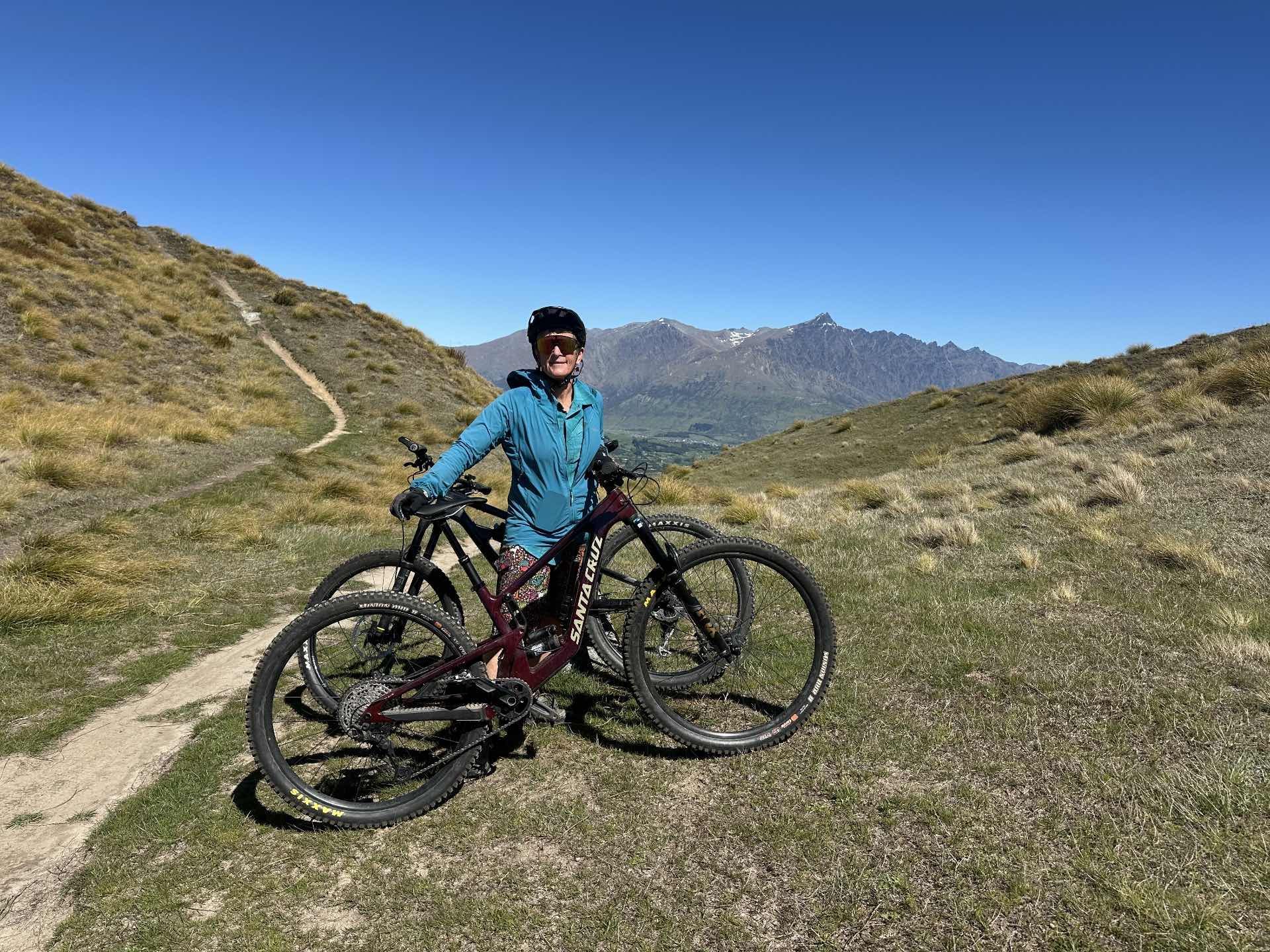The price is wrong
Our bubble, like the rest of New Zealand, is champing at the bit (and chomping at each other) in the face of the promises of Alert Level 2. On Thursday the Prime Minister announced the conditions of Level 2, with a resonating proviso at the end of her message saying that we might not achieve all the Level 2 freedoms in one go. This was both expected, and confusing – which freedoms might we get first? And how will Cabinet decide on Monday? Businesses are calling foul – how can they plan for Level 2 if they don’t know what the Level 2 conditions will be? It strikes me that the government ‘locked itself down’ on the Alert Level system when they announced four levels and set broad terms of Level 2 in the very early days of our response to the pandemic. We need some intermediate level which can’t easily be created, given the wide leap to freedom between Level 3 to Level 2.
My mind has been wandering again to people I have known, and how they coped with life challenges. It has been a useful reminder that challenges come throughout lives, and keep coming – challenges don’t respect age. I thought I would bring my friend Mrs Hamilton into the story. Bettina Hamilton grew up in New Zealand and qualified as a doctor from the University of New Zealand (Otago) in 1930. In 1934 she moved to the United Kingdom with her husband Archie , a Civil Engineer whose activities included building a famous road through Kurdistan and designing the Callendar-Hamilton prefabricated bridge (still manufactured in the United Kingdom). Bettina and Archie went on to have six children who were raised in England.

Bettina Hamilton & Ngaio walking in the woods near Badgers Mount
, KentMrs Hamilton became my friend because she was my grandmother’s friend from when my grandparents built two houses at Badgers Mount in the 1930s. The Hamilton family were already living at Badgers Mount, on the same sprawling piece of land that I visited when I arrived in England in 1987. Granny told me I should visit Mrs Hamilton, so I did, literally turning up on her doorstep with the confidence of youth! I continued to visit her over the next 2 years that I lived in the northern hemisphere. When I visited we would take Ngaio for a walk through the local woods, a practice Mrs Hamilton maintained till close to her death in her late 80s.
As an aside, one of those interesting New Zealand-type connections that became apparent through knowing the Hamiltons was that Archie Hamilton inspired my friend Andy Buchanan (Archie’s relative) to become a civil engineer. Andy went on to become Professor of Civil Engineering at the University of Canterbury, a significant researcher in fire safety and the creative force behind a prefabricated wooden building system.
What would Mrs Hamilton have done in a pandemic? She would have been well practiced at civil emergencies as she raised her large family through the years of London bombings and rationing. Lockdown with fully stocked supermarkets would be a relative breeze compared to the Blitz. I am not so sure that Mrs Hamilton would have liked technology captivating children. The Hamilton family operated in a reasonably wild and free outdoors manner, constructing various outbuildings amidst a plethora of flower beds and vegetable gardens. Bill Hamilton , who became a world famous evolutionary biologist, blew up his hand playing with explosives that his father had used to make grenades for the Home Guard. That story seems par for the course for the Hamilton family! Mrs Hamilton also survived the death of their youngest son, Alexander, who fell climbing in the Scottish Cairngorms while at University there.
In particular I was thinking about what Mrs Hamilton might have done when conditions shifted from lockdown to relative freedom? Would she have rushed out and about? Would she have been desperate to buy takeaways? Or to engage in a spot of tourism? Such comparisons are not very fair, because Mrs Hamilton lived in a different world. Her opportunities to head out would have been constrained by her many children and the physical and financial realities of taking them places. Cooking (as opposed to takeaways) remained a mainstay in Mrs Hamilton’s life when I knew her, in her early 80s, as her Aga cooker was central to her kitchen and to her heating. Mrs Hamilton enjoyed reading, her dog Ngaio, her walks in the woods, her long term friends and family; do I continually bring up examples of people who seem content with the lives they have, without ever needing more?
New Zealand’s shift to the freedoms of Alert Level 2 is, in particular, raising hopes of domestic tourism. Citizens starved of their diversions for over 6 weeks are looking to travel, tourism operators whose businesses are starved of custom are desperate for revenue and the government is asking us to travel, spend and thus support the tourism businesses. I understand that the government is scared of the looming tourism income hole, but is encouraging people to spend money (that they may not have) the best strategy? If there is something that we might have learned in lockdown, it is how to be happy in place, rather than in some other place. However, perhaps it is hard to learn such a lesson when one is not allowed to move; humans rail against constraints.
At the same time as we are being exhorted to travel domestically, there is a mismatch in pricing expectations for the plethora of activities that ‘tourism’ now denotes. Gone are the days when ‘tourism’ required a place to stay, a place to eat, the odd static museum and excursion out. Now ‘tourism’ means a wealth of eating choices, a swathe of cultural opportunities, bungy jumping, rafting, helicopter rides, wine tours, film venue visits, and an advertising bombardment of the goodies on offer. The cost of the ‘activities’ can far outweigh the necessary costs of travelling, staying and eating.

Some tourism offerings in Vietnam
A current cry I am seeing and hearing is that New Zealand tourism businesses, and airlines, will have to make their offerings cheap enough for people to want to purchase them. The offerings have got too expensive, purportedly because the businesses were serving an international market. It seems like our tourism market had a serious dichotomy – tourists who freedom camped and were accused of spending too little here vs tourists who spent more than New Zealanders are prepared to pay.
So should businesses drop their prices to a level that New Zealanders can afford? There is a problem here, businesses can only operate if they make more money than their business costs to run. Let’s assume that most tourism businesses were making enough to continue in operation but were not raking in vast profits (of course there will be exceptions). Most tourism businesses were certainly not paying their staff in a way that suggested a whole lot of money sloshing around! If that assumption is correct, then businesses can’t drop their prices hugely without racking up debts by operating.
Furthermore, in the COVID-era it is going to be whole lot more expensive to operate. Airlines will have to run 50-65% full , eateries will have to separate diners and thus accommodate fewer people, many operations will have to undertake far more cleaning than they used to; overall, both productivity and potential heads through the door will reduce. Businesses are then supposed to charge less? Such a stress test might result in only businesses who were previously price gouging surviving, because these businesses will have the most financial headroom to drop prices! Are the price gougers the businesses we want to keep? Because, let’s face it, all the tourism businesses are not going to be able to stick around when the numbers of international tourists has drastically declined, and the jury is still out on whether we want them back.
Perhaps it is time that New Zealanders rethought their price-sensitive mentality, and looked for value in their purchases. We do it with houses, we do it with retail goods, we do it with tourism – how much can I get for how little? Do we need a major mental shift instead, to what excellent and long lasting product do I need and can afford? Let’s have a great family dinner out at a special restaurant, rather than takeaways on multiple days of the week. What fantastic activity can we undertake that we will remember for years? Do we need to go on holiday multiple times a year or is there a way we can increase our enjoyment in staying home?
The headline question here is, do we want to support and drive an economy that delivers the lowest price, at the cost of quality, and to the cost of the poorly paid workers employed in it? Or do we want to tell a new story, in which we may acquire less and do less, but we put value in people and on the finite resources of this planet?


Man dressed like dog to avoid police during lockdown





